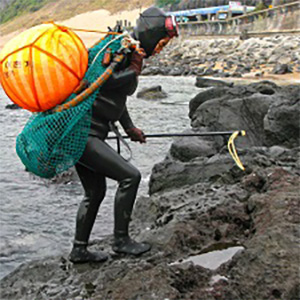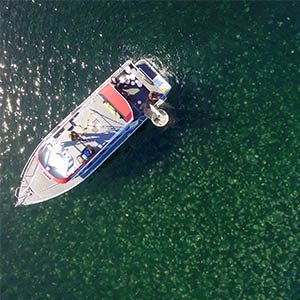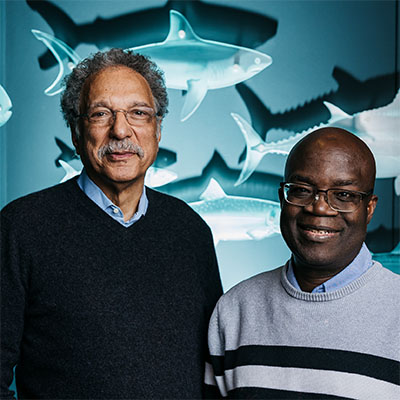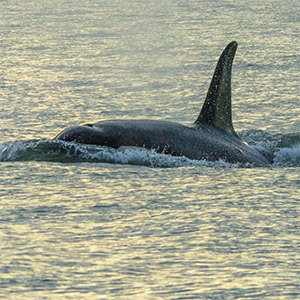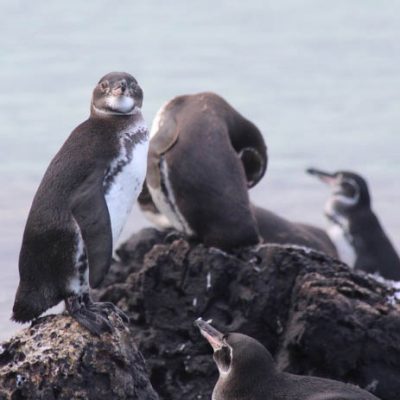For a prosperous Blue Economy, everyone must be involved
Women make up 85% of ocean sectors, but are invisible in fisheries management positions, with marine policies often undermining their livelihoods and wellbeing. They are often not included in any decision-making processes and their dependency and contributions to the Blue Economy are neglected.
Jellyfish size might influence their nutritional value, UBC study finds
Researchers confirmed what was already known: jellyfish eat bigger prey as they grow, which means they also occupy a higher position in the food web as they grow. They also found that some of the concentrations of ‘healthy fats,’ increase as jellyfish grow. These changes might be influenced by their diet, and as they feed on bigger prey with higher levels of fatty acids, the jellyfish accumulate more of these fatty acids.
Happy International Women’s Day!
Let’s celebrate women in science today and everyday!
2023 Tyler Prize for Environmental Achievement: Daniel Pauly and Rashid Sumaila are winners
The UBC Institute for the Oceans and Fisheries professors say winning this prize gives them an opportunity to spread an urgent and evidence-based message: all fishing on the high seas should be banned.
Food quality matters for southern resident killer whales, UBC study states
If southern resident killer whales ate just low-lipid salmon, they would have to eat around 80,000 more Chinook salmon every year than if they just ate high-lipid salmon.
Team of four marine biologists taking on the Atlantic Ocean Challenge
The team of marine biologists, including IOF Master’s student Lauren Shea, will row across the Atlantic Ocean – a race that will run 24 hours a day for almost 2 months
Amanda Vincent receives the 5th Dawkins Prize for Conservation and Animal Welfare
This Prize honours exceptional achievement in research focused on animals whose conservation and welfare are affected by human activity.
Explorers among us
Assistant professor Dr. Andrea Reid, and postdoctoral fellow, Dr. Harmony Martell, joined the Explorers Club 50, class of 2023.
Dr. Rashid Sumaila named as 2022 AAAS Fellow
AAAS has elected Dr. Rashid Sumaila to the newest class of Fellows.
‘This is a wake-up call for the world’: UBC researchers at the forefront of championing for change
The Galápagos islands are under severe threat from ocean pollution, climate change, and illegal, unregulated, and unreported (IUU) fishing pressures
